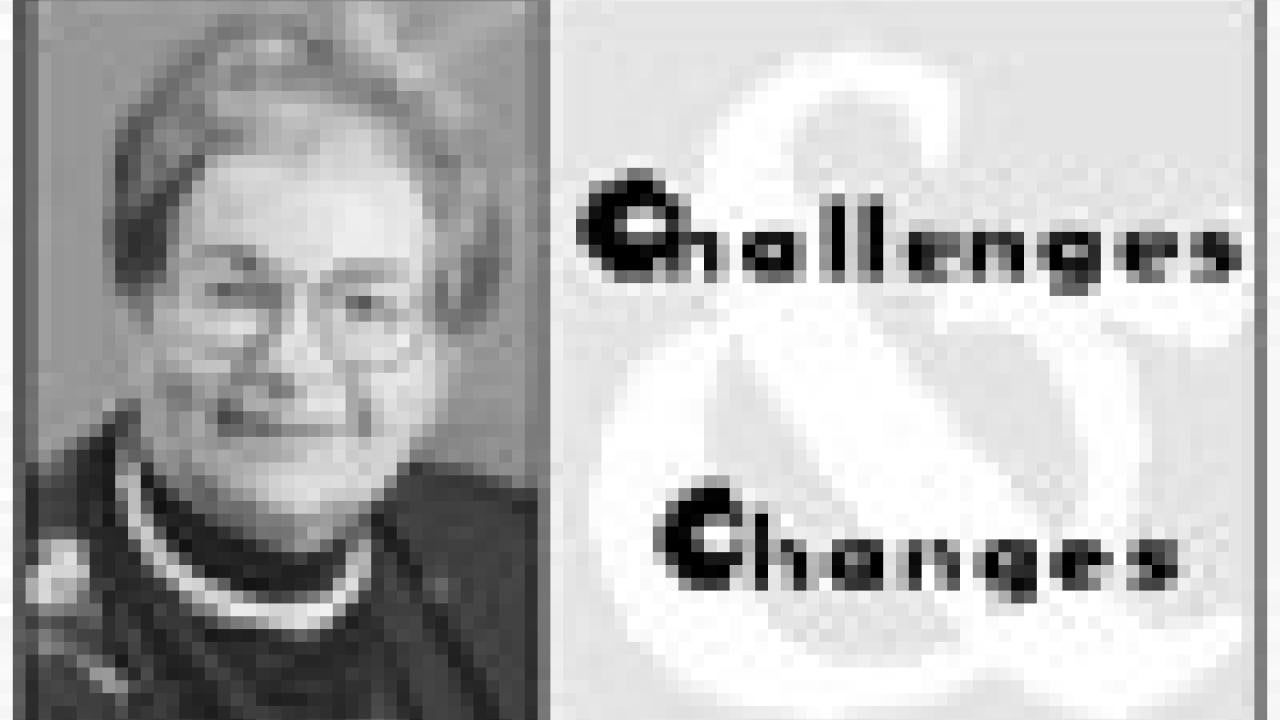With all due respect to the importance of saying "no" to such things as drugs, unsafe sex, etc., I want to concentrate today on the importance of saying, "Yes."
I believe that we engage, without intent often, in a great deal of self-defeating behavior by saying "no" to things that are new, different or especially challenging. We see it in the workplace, we see it at home, and we see it with our children and our parents.
You suggest something new -- a new recipe, maybe a new set of job skills, maybe a day's adventure to a place you have never been, and the answer is, "Well, no." "No, I haven't done it," "No, I can't do it," etc. Yet, I do have one friend who invariably says, "Yes."
If you suggest a new project, trying a new restaurant, making a change in her workplace, she invariably is up for it. It is amazing the rewards that accrue both to her and the people around her because of that. Having personally spent a year saying "no" to almost anything after learning I was disabled, I can personally testify to the importance of "yes."
Not only do you try more new experiences, but also the change of attitude seems to make a difference in a person's health, well-being, and even, it appears, longevity. As an example, last night's news had a story about how men over age 65 who, despite the aches and pains and tendency towards being sedentary, keep up vigorous exercise have less chance of getting Alzheimer's. The reasons for this association are unknown. There are now studies on the effect of being grateful (some being done on our own campus) that indicate focusing on the positive has these health promoting, life affirming effects.
I don't want to discount the fact that people often have fears or real physical limitations. Fear, however, can be looked upon for this purpose as an attitude. I feel afraid, therefore, I must say, "No." Physical limitations, as I've learned over the last five years, merely mean that, if you want to try something new, you may have to find new ways of doing it or even -- what is hardest for many of us -- ask for help.
As a person who does the helping, I was not very good at asking for help. Frankly, the first time I decided to travel abroad as a disabled person, I was scared to death. But since then I have learned that my limitations are not as limiting as I thought they were and I had a lot of fun in the process.
The interesting thing to me about the effects of just saying "yes" and the attitude that accompanies it is that it not only positively rewards the person doing it, but it also has a positive impact on those around that person. I have another friend, for example, whose first tendency when faced with change is always to say "no." I know this person well enough to know that, even if the answer is at first a "no," they will think about it and often come up with great ideas for accomplishing the change. Although I know this will happen, it is still difficult and sometimes disheartening to start with the "no."
Engage in a bit of self-analysis. What is your initial response when new ideas, new challenges and change are presented to you? It is not unusual or pathological to feel afraid when anticipating change.
Acknowledging the fear, gathering the information you need, and moving on will generally resolve that.
You might also ask yourself if the habit of saying no or a fear of change or new things actually stops you from doing them, if it actually changes your behavior. If this is true and your attitude is keeping you from doing things you really would like to do, you can give us a call at (530) 752-2727 or stop by and see one of our counselors.
Sally Harvey is director of ASAP. Her columns appear quarterly. The Academic and Staff Assistance Program's Web site is located at http://www.hr.ucdavis.edu/ASAP.
Media Resources
Amy Agronis, Dateline, (530) 752-1932, abagronis@ucdavis.edu
